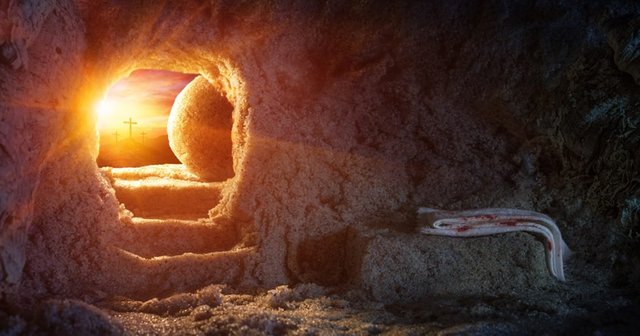Truth About Easter in Christian Roots

I said this in some of my early writings when doing some bible studies. However I did not study this at all, I was only parroting what I heard or saw, yet humbled by my confessions in possibly being ignorant.
"the King James has an issue by inserting passages and marked with some pagan words such as “Easter” rather than “Passover” being the proper translation. I understand this should be closely examined as time goes by and there is no perfect version, this is why we should be writing these words on our hearts and understand them fully in defense." - Aug 5, 2015
I must say I have learned a lot since I wrote this and must update this statement about "Easter". In fact Easter does not only come from Pagan roots
Easter -Copyright 1999 by Gretchen Passantino
"Easter is an English corruption from the proto-Germanic root word meaning "to rise." (We see this in the contemporary German cognate "ost-" and the English cognate "east," the direction from which the sun rises in the morning.) It refers not only to Christ rising from the dead, but also to his ascension to heaven and to our future rising with him at his Second Coming for final judgment. IT IS NOT TRUE THAT IT DERIVES FROM THE PAGAN Germanic goddess OESTAR OR from the Babylonian goddess ISHTAR- both fertility symbols signifying the coming of spring images of fertility, new life, and renewal."
When translated in the earliest Bible's the translators did not have a pagan holiday in mind. Rather they had a Christian holiday in mind which is the resurrection of Jesus Christ the celebrated Passover Lamb. As admittedly stated by many protestants do not celebrate a Jewish Passover, which in their lamb dies but does not resurrect. Also in older translations such as the Tyndale late 1400s early 1500s States Christ as the Easter lamb aka resurrected lamb. After the death and resurrection of Christ we only find 3 occurrences of Easter (Pascha) in three books as follows,
1 Cor 5:7
7 Pourge therfore the olde leven that ye maye be newe dowe as ye are swete breed. For Christ oure [esterlambe] is offered vp for vs.
Heb. 11:28
28 Thorow fayth he ordeyned the [ester lambe] and the effusion of bloud lest he that destroyed the fyrst borne shuld touche them.
Acts 12:4
4 And when he had caught him he put him in preson and delyvered him to .iiii. quaternios of soudiers to be kepte entendynge after [ester] to brynge him forth to the people.
With that said said it really doesn't matter, wisdom says, just as we use the word god does not mean we are referring to the same God or gods. Same thing with Easter, doesn't mean we are celebrating the same Easter no matter where we think the root word leads us. Words by nature are metaphorical they only take on the meaning the context gives them. So my word to Believers, don't be backed into a corner or shamed for using such terms, because even if Pagans use the same word for their holidays does not mean that the original intent was pagan. This is godless chatter.
2 Timothy 2:14-19
14 Remind them of these things, and solemnly charge them in the presence of God not to wrangle about words, which is useless and leads to the ruin of the hearers. 15 Be diligent to present yourself approved to God as a workman who does not need to be ashamed, accurately handling the word of truth. 16 But avoid worldly and empty chatter, for it will lead to further ungodliness, 17 and their talk will spread like gangrene. Among them are Hymenaeus and Philetus, 18 men who have gone astray from the truth saying that the resurrection has already taken place, and they upset the faith of some. 19 Nevertheless, the firm foundation of God stands, having this seal, “The Lord knows those who are His,” and, “Everyone who names the name of the Lord is to abstain from wickedness.”
God Bless,
Happy Easter, Happy Resurrection